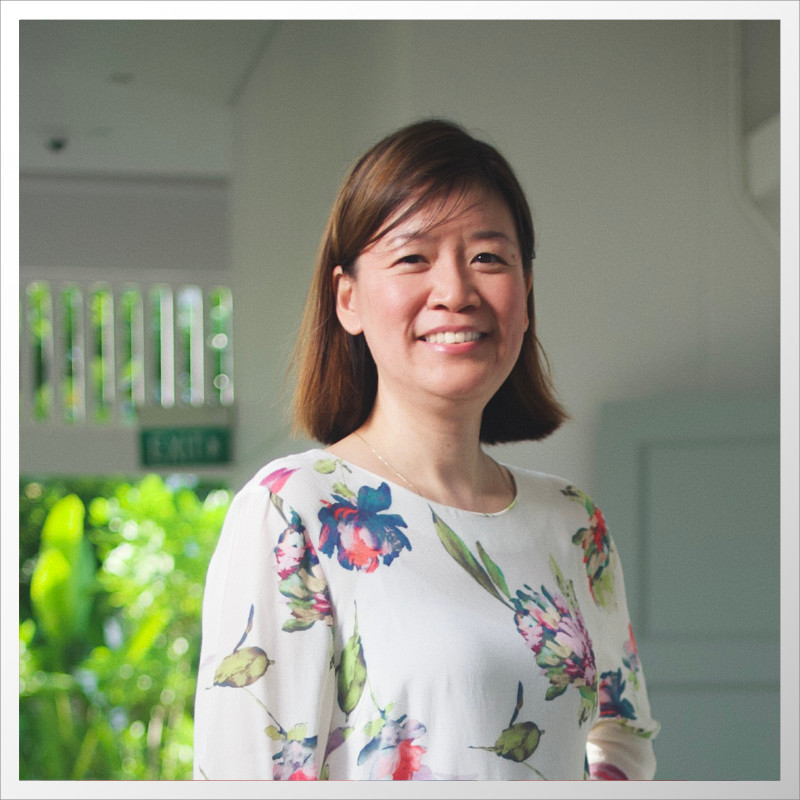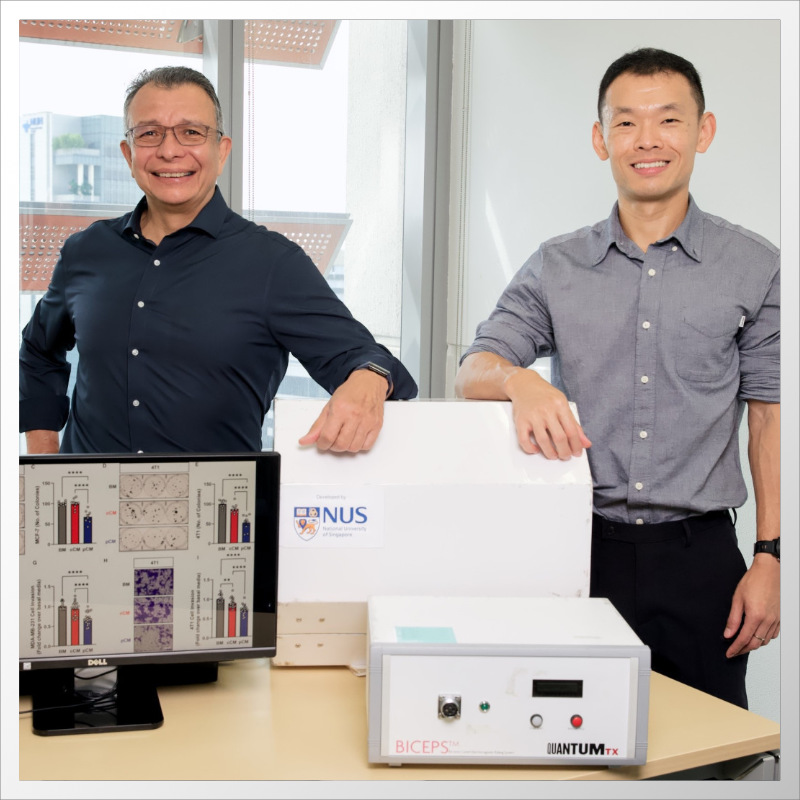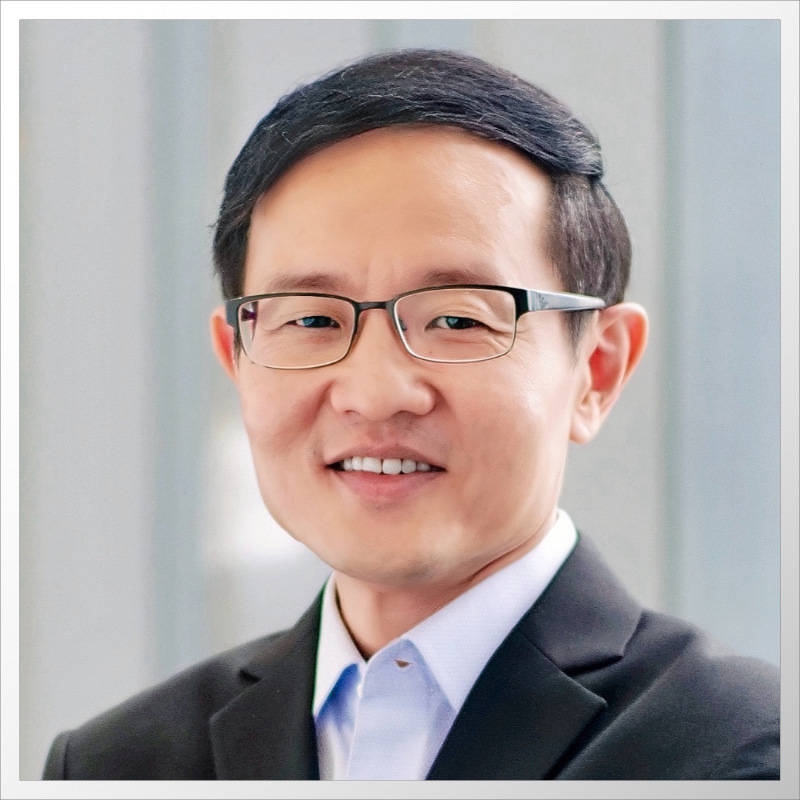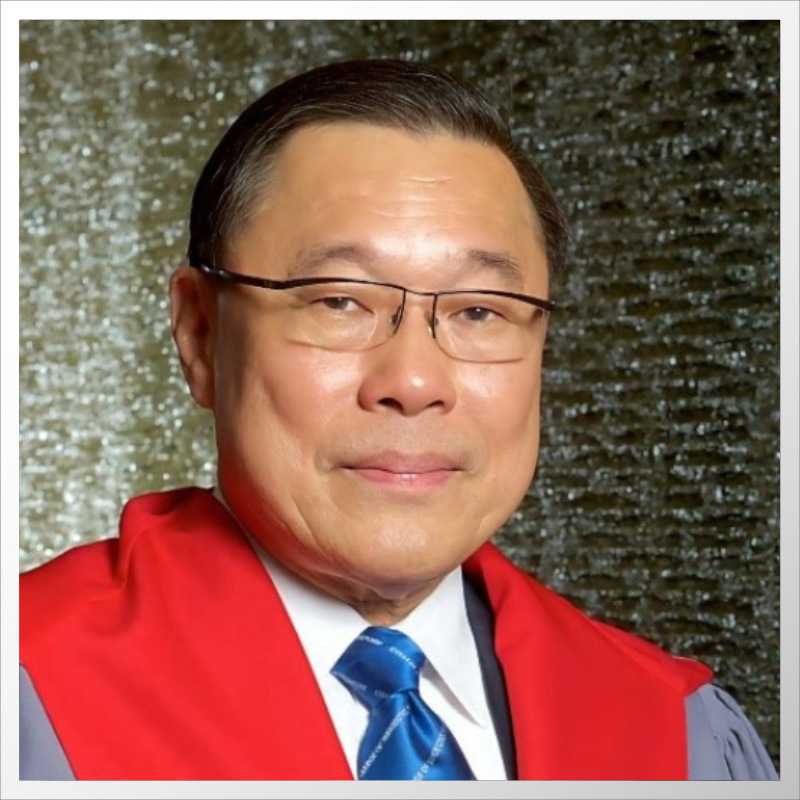BIGHEART Symposium 19-20 June 2017
- April 13, 2017

On 19 & 20 June, 2017 The Biomedical Institute for Global Health Research and Technology (BIGHEART) hosted its Inaugural Symposium on Healthcare technology.
You can can download the programme below.
Over 280 delegates attended with approximately half from research backgrounds, a quarter from industry and a quarter from medical backgrounds. There were 20 engaging, high caliber talks from distinguished guest speakers including Professors David Weitz (Harvard University), Joanna Aizenberg (Harvard University), Takehiko Kitamori (Tokyo University), David Edwards (Harvard), Ulf Landegren (Uppsala), and Metin Sitti (Max Plank Institute for Intelligent Systems). Representatives of Singapore’s own healthcare technology included Professors, Laurence Ho (NUH), Jean Paul Thiery, Lim Chwee Teck, Liu Xiagang (NUS), along with Professors Teoh Swee Hin and Russell Gruen (NTU). They covered a wide range of topics from microfluidics and paper diagnostics through to robotics and tissue engineering solutions.
The plenary address came from George Whitesides (Harvard) who spoke on Accessible Bioanalysis for the Developing World and the Point of Care. The audience were engaged by Whitesides’ practical realism as he outlined the costs and planning involved to successfully translate innovative healthcare technology from the bench top to widespread use for global health impact.
Each day ended with two showcase talks from BIGHEART’s own principal investigators including Dr Huilin Shao who spoke on Biosensor Platforms for Molecular Analyses for Circulating Exosomes, Dr Benjamin Tee who spoke on Nature-Inspired Electronic Sensor Skins, Dr Lihfeng Cheow who spoke on Enabling Single Cell Systems Biology with Multimodal Analysis and Dr John Ho who spoke on Wireless Technologies for Bioelectronic Therapies.
NUS President Tan Chor Chuan provided a dynamic opening address linking the goals of BIGHEART with the wider innovation goals of NUS and Singapore as a nation. Professor Luke P. Lee, Director of BIGHEART and a world-renowned pioneer in optofluidics, shared his vision for BIGHEART in his opening and closing addresses. Professor Lee shared “It is easy and common to have scientific advancement but it is not so easy, nor common, to produce widespread societal and health impact for humanity. Publishing to cherish, rather than publishing to perish. It requires a real discernment of problems on the ground, the conditions and challenges faced by clinicians, policy makers and industry. To gain this understanding requires discussion, collaboration, friendships and an open mind – a combination not necessarily innate in all scientists! In founding BIGHEART, my vision has not just been for an institute to conduct healthcare technology research but one that would foster, cultivate, develop this collaborative mindset with real world understanding of the technical barriers preventing global healthcare solutions.”
Can we stop pathogen outbreaks in their tracks through ultrafast molecular diagnostics at the point of care?
Can we provide effective global biosecurity through rapid environmental detection of bio hazards on site by lay users?
Can we develop precise neurological therapeutics through modulating ion channels?
These are the types of questions BIGHEART is answering through providing technology solutions.
BIGHEART is a scientific ecosystem that helps scientists develop this way of thinking, one that is clinically minded and has application and translation with societal benefits at its heart. This transforms both the Scientists within BIGHEART as well as the chemistry, physics, engineering, computer science, medicine, and design collaborators within NUS and throughout the research community in Singapore and invites clinicians and industry to participate for effective translation.
For those in industry, the symposium envisioned the prospect for Singapore to become a precision medicine manufacturing hub and and provide a platform for industry delegates to meet researchers and clinicians to team up to develop new avenues for healthcare technology.
For clinicians, the symposium was a reminder that their participation is essential for solutions to be developed to address many of the obstacles they currently face in providing effective, rapid and on-target care for patients. They were encouraged to work with researchers to overcome these with new technology solutions.
For policy makers, the huge potential for Singapore to be a weighty world player in healthcare technology was proposed – not just biomedical research, but translation and the manufacturing of devices that will have a lasting global impact. Their support and shared priorities are vital in progressing Singapore in this area with significant societal and economic benefits for this nation.
Finally, for researchers, the desire is that the inspiring vision shared, and partnerships formed with clinicians and industry over the symposium will develop into successful proposals, technology solutions realised, and ultimately the health of society changed for the better around the world.






